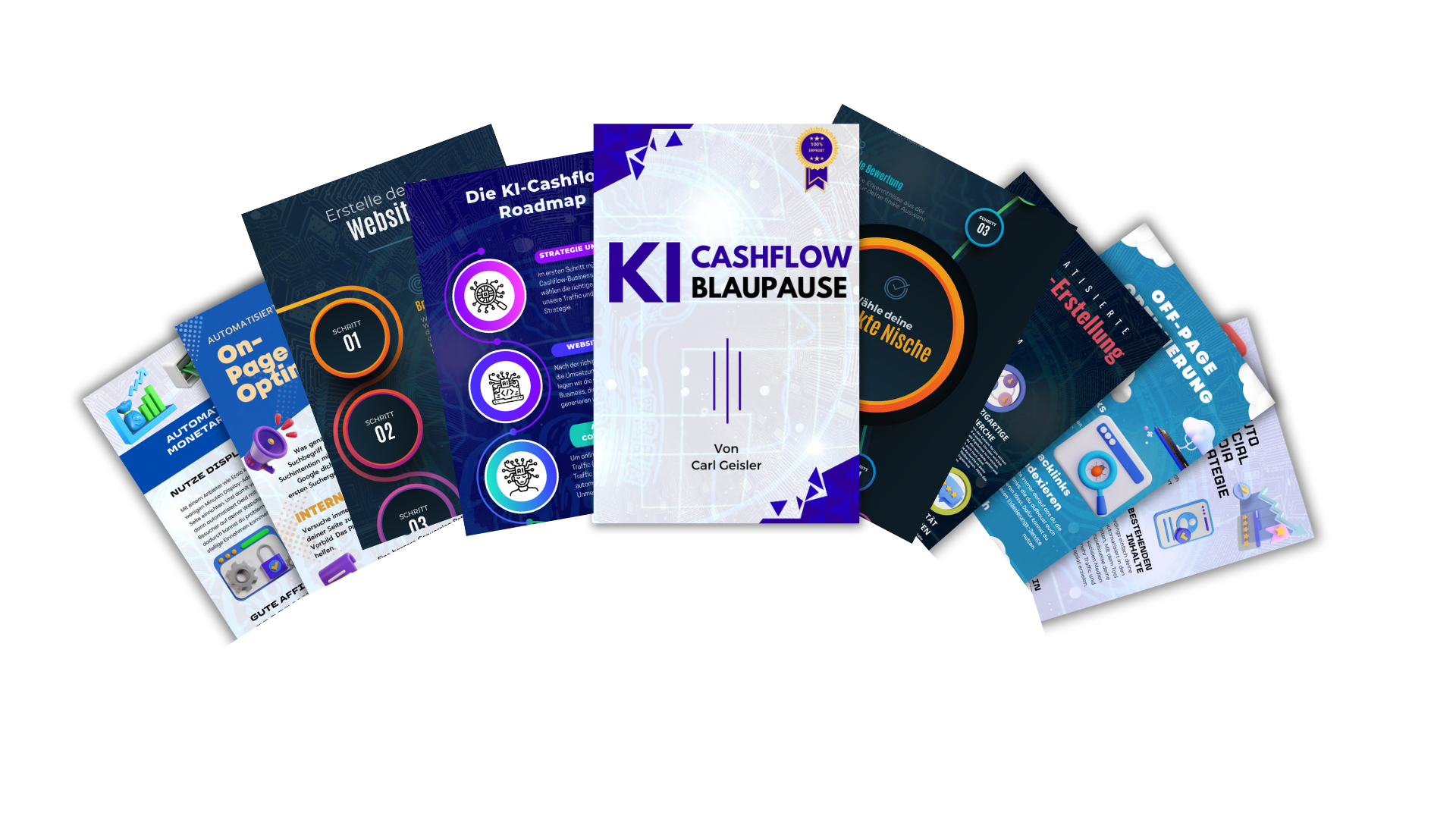Google’s 2024 Environmental Report has laid bare the company’s uphill battle to achieve its ambitious goal of net-zero carbon emissions by 2030.
By the admission of its own evidence, Google has found itself grappling with the insatiable energy demands of AI, with the report offering some sobering statistics:
- Google’s greenhouse gas emissions surged by 13% in 2023 compared to the previous year, and have skyrocketed by a staggering 48% since the company’s 2019 baseline.
- The company’s data centers, the power-hungry engines behind its AI applications, were a primary culprit in driving this emissions growth.
- As Google deeply integrates AI across its product portfolio, untangling AI’s energy consumption from other workloads is becoming an increasingly complex challenge.
Chief Sustainability Officer Kate Brandt pulled no punches in addressing the magnitude of the task ahead: “Reaching this net zero goal by 2030, this is an extremely ambitious goal. We know this is not going to be easy.”
However, Google did manage to score some important wins:
- The company achieved an impressive 64% carbon-free energy (CFE) average across its data centers and offices, even as its electricity consumption continued to climb.
- Google sealed deals to purchase a record-breaking 4 GW of clean energy generation capacity in 2023, more than any prior year.
- The tech giant also celebrated a significant milestone: seven consecutive years of 100% renewable energy matching.
Energy matching leaves something for Google to be positive about, but it won’t get them to net zero.
Renewable energy matching allows companies to claim that they are powered by clean energy, even if the actual electrons flowing into their facilities come from fossil fuel sources.
This is because renewable energy credits (RECs) are purchased separately from the physical electricity, effectively greenwashing a company’s energy consumption.
Critics argue that this approach does little to encourage the development of new renewable energy projects or to address the urgent need for grid-wide decarbonization.
Instead, it allows companies to claim sustainability wins without fundamentally altering their energy sourcing or consumption patterns.
As Google’s report makes clear, these achievements alone will not be enough to counterbalance the environmental impact of AI’s explosive growth.
Solutions are in the pipeline, maybe
While AI hardware is becoming more energy efficient, it was estimated that training a single AI model like GPT-3 consumes a staggering 1287 MWh of energy – enough to power nearly 130,000 homes for an entire day.
There are hundreds, maybe even thousands, of GPT-3 level models around now. Today’s very best frontier models, like GPT-4o and Claude 3, are far more powerful than GPT-3-sized models and, thus, more expensive to train.
Google isn’t the only one struggling. Microsoft is also grappling with the environmental impact of its rapidly expanding data center footprint, reporting a 29% increase in emissions compared to 2020.
On the ground, the consequences are already apparent. In northern Virginia’s “data center alley,” surging AI demand has pushed the power grid to its limits. Bloomberg reported in January that coal plants are being kept online to meet AI’s rapacious energy appetite.
Google remains optimistic, with Google SVP Benedict Gomes stating in the report, “A sustainable future requires systems-level change, strong government policies, and new technologies. We’re committed to collaboration and playing our part, every step of the way.”
Sentiment aside, practical solutions, such as low-power neuromorphic chips and nuclear fusion, are in the works, but they’re not quite workable yet, and AI’s environmental impacts have already been unleashed.
AI also supports conservation goals and numerous other environmental initiatives, from saving rare species in the Amazon to boosting carbon capture.
It’s a tug-of-war of benefits and contradictions that we’re yet to master.










